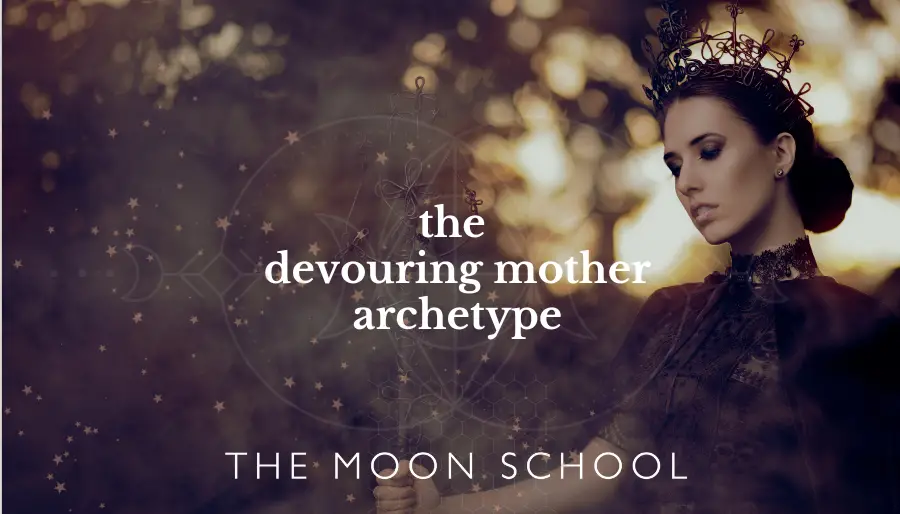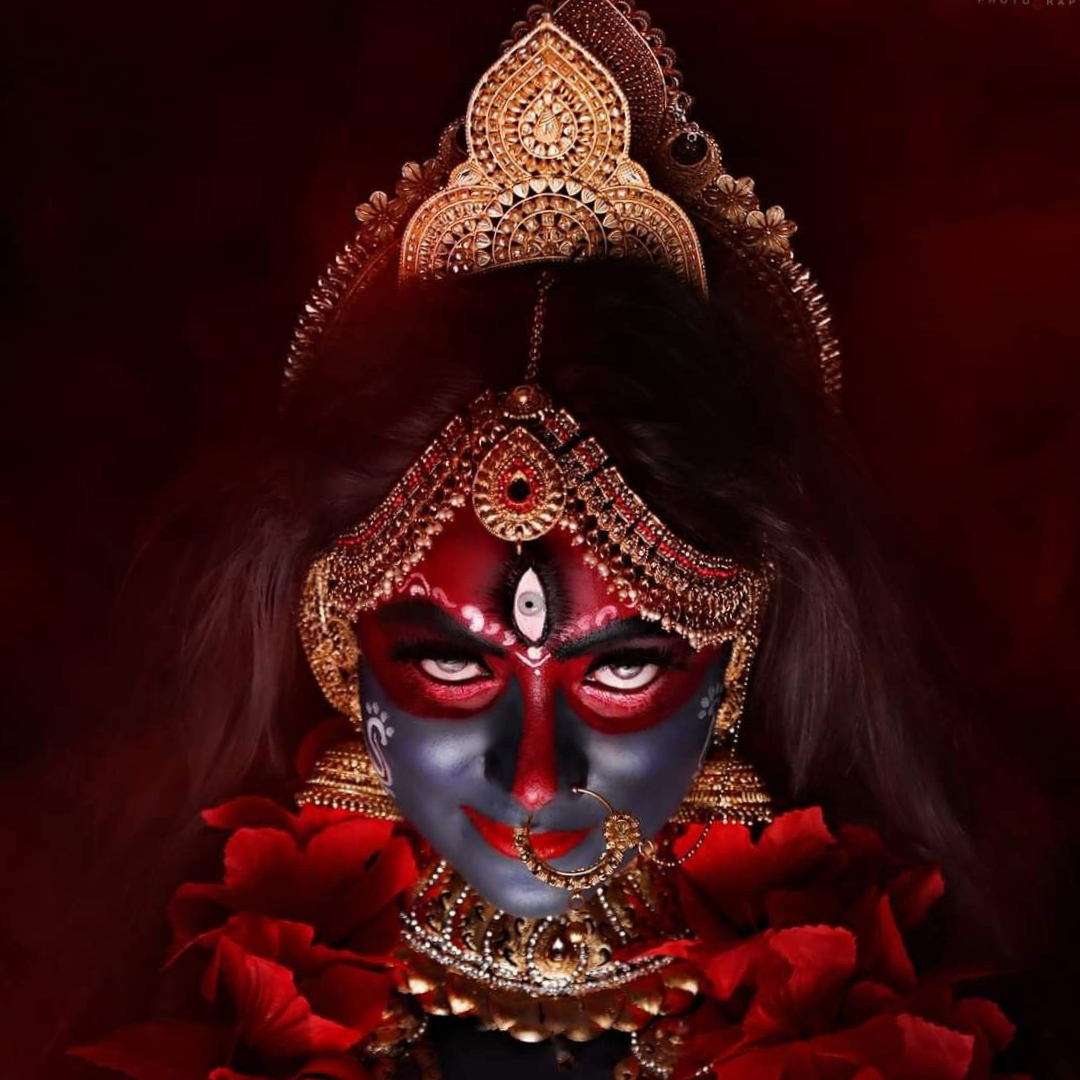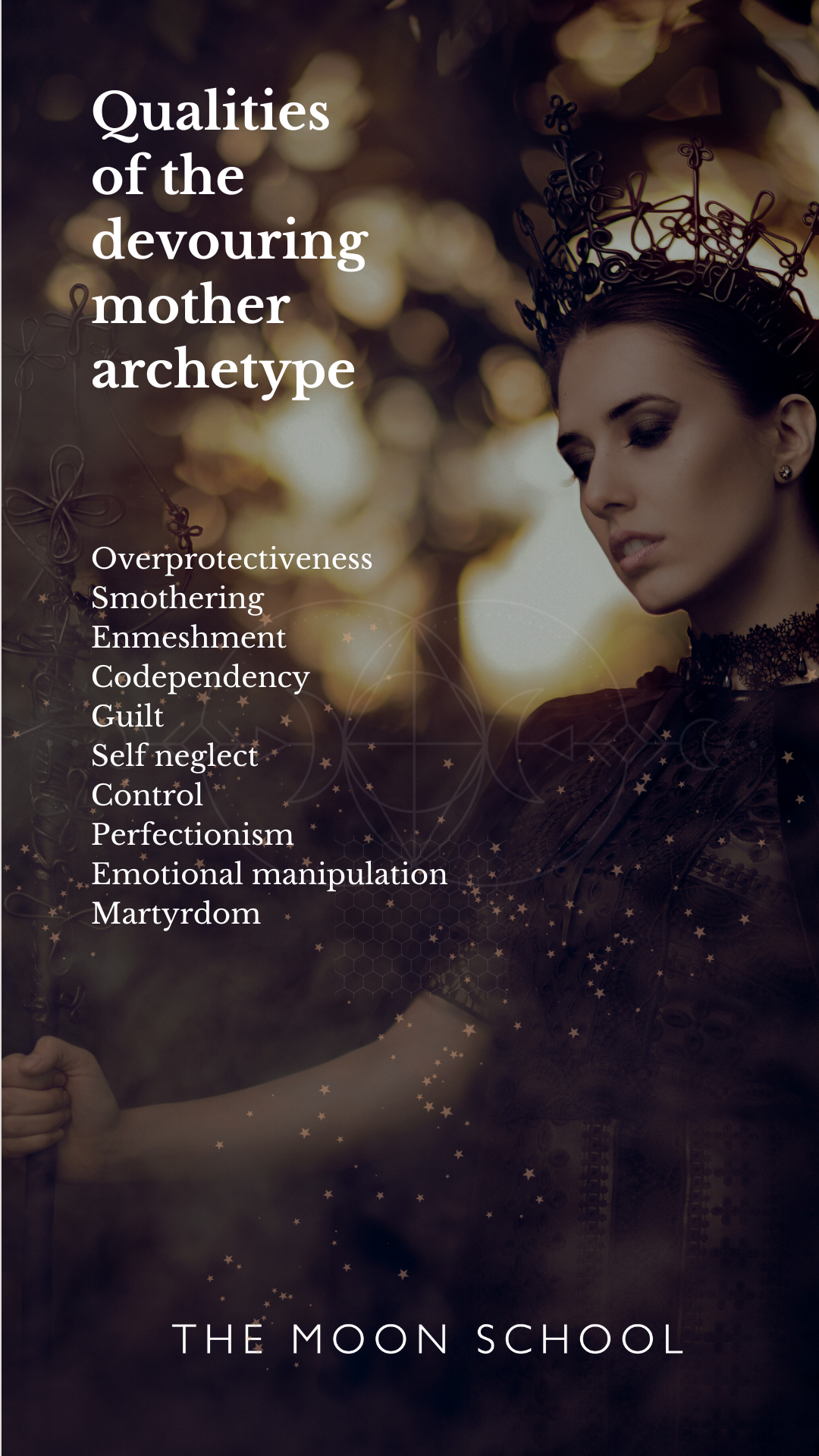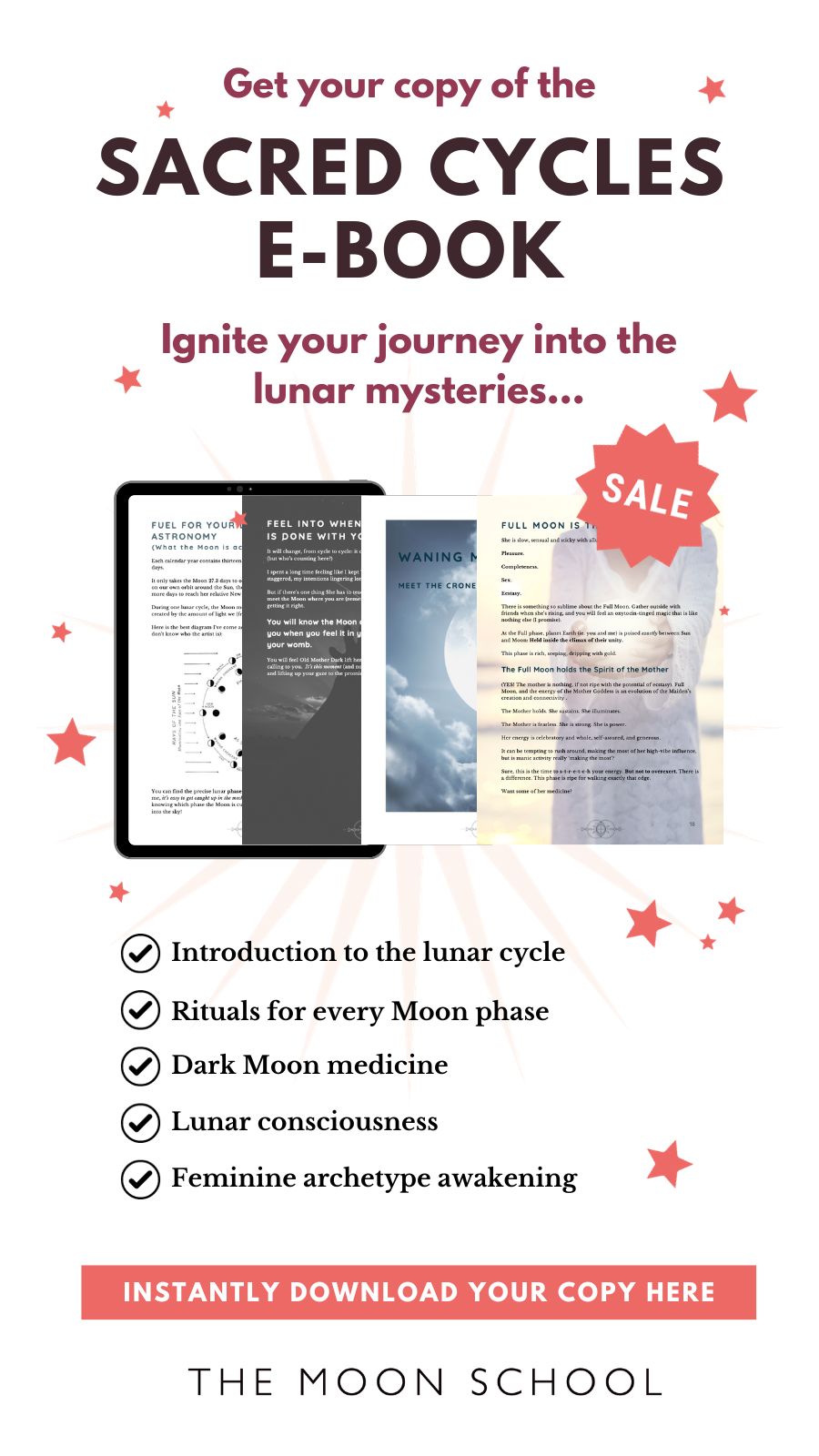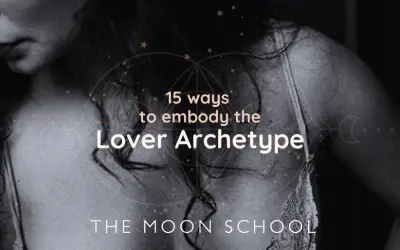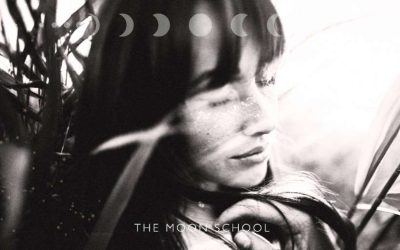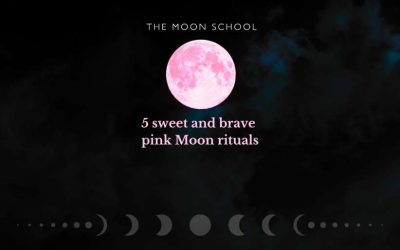The devouring mother archetype is a psychological concept that’s been studied by many different psychologists and is currently coming to the fore in contemporary society.
This archetype refers to a mother figure who is overbearing, controlling, and manipulative toward her children.
It’s an emotive term. And it refers to the idea that a mother can consume her children’s identities, preventing them from developing their own sense of self.
To understand the devouring mother archetype, you first need to get to grips with the concept of archetypes. So if this is new to you, here’s a quick explanation…
What is an Archetype?
An archetype is a universal energy pattern.
It’s a bit like a blueprint, a model or essential form that crosses space and time, as it exists in the collective unconscious.
Archetypes are a part of our psyche and are universally recognizable. We tend to inherit archetypal energies from our ancestors, though you can also have certain archetypal patterns of behavior that don’t seem to bear any connection to your family traits!
Carl Jung, the Swiss psychiatrist first, introduced the concept of archetypes, though in truth they are much older.
Humans are programmed to recognize and respond to archetypes – this isn’t something we can switch off, and it often happens on a subconscious level.
Devouring mother characteristics, traits, and qualities
According to Carl Jung, the devouring mother archetype is a manifestation of the negative aspects or shadow side of the mother archetype.
Read more: What is the Mother Archetype?
This shadow side of the mother archetype (in this case, the devouring mother) will often emerge through the following qualities and traits –
Overprotectiveness: The mother archetype can sometimes lead to overprotectiveness, which can inhibit a child’s growth and development.
Smothering: Similarly, the archetypal mother can sometimes express smothering behavior, which can stifle a child’s independence.
Enmeshment: The overbearing maternal figure can become too involved in her child’s life, leading to her losing her own sense of identity.
Codependency: A mother figure can become overly reliant on her child for emotional support.
Guilt: Mothers can often feel guilty for not being able to live up to the idealized image of the perfect mother.
Self-neglect: Mothers can sometimes neglect their own needs and desires, in order to prioritize the needs of their children.
Control: The mother archetype can sometimes lead to controlling behavior, in an attempt to dictate every aspect of her child’s life.
Perfectionism: Mothers can sometimes feel pressure to be the perfect good mother, leading to unrealistic expectations and feelings of inadequacy.
Emotional manipulation: The mother archetype can sometimes express forms of emotional manipulation, where a mother uses guilt or other tactics to get her way.
Martyrdom: Mothers can sometimes adopt a martyr-like mentality, sacrificing their own happiness for the sake of their children.
The devouring mother can embody some or all of these traits, and the impact on her and her children will vary.
Want more on the dark mother?
Read this post next – What is the Dark Mother Archetype?
The devouring mother in psychology
The devouring mother archetype is a collection of psychological characteristics.
… So it’s important to realize that while the concept of the devouring mother archetype tends to be associated with women, it can manifest in men, too.
It’s also not limited to biological mothers. This archetype can refer to any caregiving figure who exhibits these kinds of negative ‘maternal’ behaviors, such as stepmothers, grandmothers, or even teachers.
Also, it’s worth noting that not all mothers who exhibit controlling or manipulative behaviors are necessarily “devouring mothers”!
Yet wherever on the scale you or the dominant caregivers around you sit, understanding this archetype can provide valuable insight into the dynamics of parent-child relationships. Taking an honest look at yourself and your own relationships may reveal much about the impact that one person’s behavior can have (or has had) on her children’s psychological development.
Related: Meaning of the Maiden Archetype
What are the origins of the devouring mother archetype?
More and more, she is rising to the forefront of contemporary Western society. This is a contentious issue, and hard to handle for many modern mothers.
Our children need protection, that much is clear. But from what, exactly?
Like all shadow aspects of the feminine (and masculine), in order to be seen, healed and integrated, the devouring mother must manifest into the material world. If we ignore her, or continue to suppress her, she’ll only become more and more distorted, and emerge as a more monstrous version of herself.
Mythological and Cultural Roots
The Devouring Mother Archetype has its roots in many mythologies and cultures throughout history. One of the earliest examples is the Hindu goddess Kali. She is often depicted as a fierce and terrifying figure with a necklace of skulls and a skirt made of human arms. Kali Ma is both creator and destroyer and represents the cyclical nature of life and death.
In Greek mythology, the mother goddess Demeter is associated with fertility and the harvest. Her myth tells of her daughter Persephone being taken by her uncle Hades into the underworld. When this happens, Demeter becomes consumed with grief and rage, causing the crops to wither and die. This ancient story describes clearly how the nurturing mother can become the devouring mother when her children are threatened or taken away.
Feminist Interpretations
In a feminist context, the devouring mother archetype has been interpreted as a representation the most negative aspects of motherhood, for example, overprotectiveness, possessiveness, control, and manipulation.
Some feminist theory sees this as a critique of traditional gender roles, as well as the societal expectations placed on women to be perfect mothers.
Yet others argue that this devouring archetype can be seen as a positive force for change. Challenging the idea of the selfless, sacrificing mother, it gives woman permission to embrace their own desires and needs.
By acknowledging the dark side of motherhood, women can break free from the constraints of traditional gender roles and create new, more empowering identities for themselves.
ALSO READ: What is Feminine Energy?
Examples of the devouring mother archetype
Once you start looking for her, the devouring mother is actually pretty prevalent. Weaving her way through myth, story, film, and TV, she’s out there.
Mythological and Literary Examples
The Devouring Mother Archetype has been written in various mythological and literary works throughout history. Here are a handful of examples –
Demeter: As described above, in ancient Greek mythology, Demeter is the goddess of grain, agriculture and fertility, who caused the crops to fail after becoming consumed by the loss of hr daughter Persephone.
Medea: A character in Greek mythology who kills her own children to get revenge on her husband, Jason, after he leaves her for another woman.
Mrs Bennet from Pride and Prejudice: Obsessed with marrying off her daughters, Mrs Bennet is willing to do whatever it takes to secure their futures, even if it means manipulating and lying to them.
Mrs. Bates from Psycho: Despite being dead, her son Norman has created an alter ego of her in his mind, where she’s depicted as a controlling and manipulative mother figure.
The Evil Queen (Queen Grimhilde) from Snow White: So jealous of her stepdaughter Snow White, this devouring mother figure tries to kill her, to remain “the fairest in the land”.
The Wicked Witch of the West from The Wizard of Oz: Another jealous older female character who tries to kill the maiden (Dorothy) in order to get her hands on the ruby slippers.
Real-Life Examples of the devouring mother
The Devouring Mother Archetype can also often be observed in real-life relationships, to varying degrees.
An overly protective mother who won’t allow her child to experience the world can be seen as a devouring Mother. Or a mother who is quick to label her child with a medical diagnosis or identity in order to “protect” or gain special attention.
Yet paradoxically, this can lead to the child feeling suffocated and actually unable to develop their own sense of identity.
In extreme cases, this is connected to Munchausen Syndrome by Proxy. This is a mental illness in which a caregiver – usually a mother – fabricates or even induces illness in a child in order to gain attention and sympathy for themselves.
Implications of the devouring mother archetype
When the devouring mother archetype is dominant in relationships, it can have significant implications for personal and interpersonal dynamics.
Individuals who embody this archetype can struggle with feelings of guilt, shame, and inadequacy due to their inability to meet the needs of others, however hard they try. Yet because they can also experience anxiety or fear of abandonment, this leads them further towards behaviors that are controlling or manipulative.
On an interpersonal level, individuals who have experienced living with the devouring mother Archetype can struggle with trust and intimacy in their relationships. They may have boundary issues, or develop co-dependent patterns. They may feel a sense of obligation to care for others, even if it comes at the expense of their own needs and desires.
This may end up leading them through a cycle of unhealthy relationships, where they attract emotionally unavailable partners, OR those who have excessive needs and unrealistic demands.
How to deal with the devouring mother archetype
Everyone is different.
… Meaning certain therapeutic and healing approaches that help one set of dynamics, may not work with others. Yet there are some beneficial practices and modes of therapy and healing.
- Develop a sense of self-compassion
- Learn to set boundaries (and keep them)
- Practice prioritizing your own needs
- Engage in self-care, and activities that promote self-nurturing
- Consider exploring the underlying causes of the devouring mother archetype, such as past trauma or attachment wounds
It is important to tailor any treatment to the individual and their unique experiences. There is no one-size-fits-all approach, and it may take time and experimentation to find the right combination of techniques that work for each person.
Has this article been helpful?
Let me know in the comments below!

